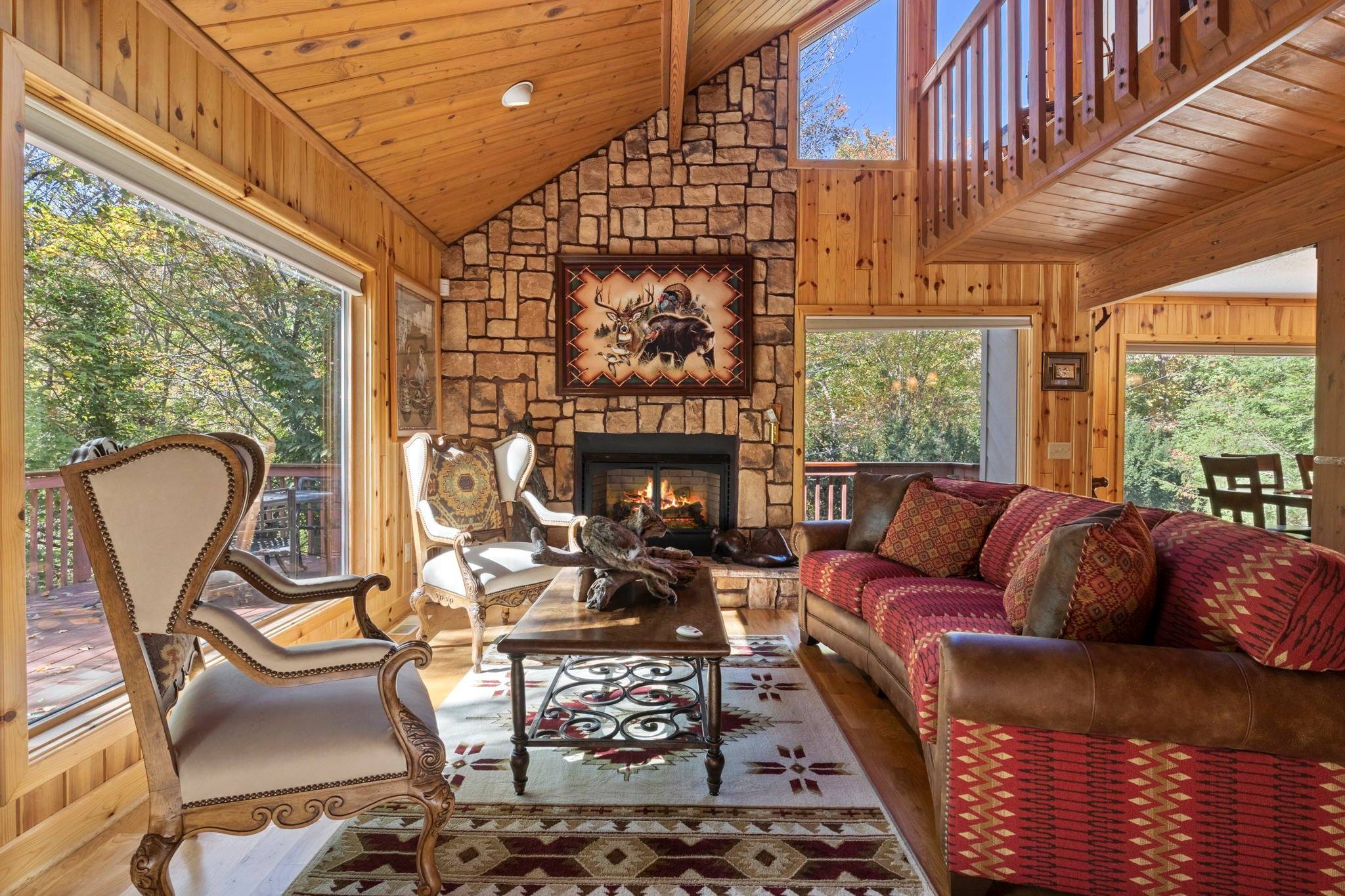Retirement is a significant milestone in life, offering the opportunity to relax, pursue passions, and enjoy the fruits of one’s labor. When considering retirement destinations, Asheville has emerged as a popular choice for many individuals seeking an exceptional quality of life. In this comprehensive guide, we will delve into the truth about retiring in Asheville, exploring the city’s allure, weighing the pros and cons, and highlighting important lifestyle and practical considerations.
The Allure of Asheville
Nestled amidst the picturesque Blue Ridge Mountains of North Carolina, Asheville boasts a unique charm that has captivated retirees from all walks of life. The city’s natural beauty, moderate climate, and vibrant arts and cultural scene make it an irresistible retirement haven. From the awe-inspiring landscapes and outdoor recreational opportunities to the thriving arts and music culture, Asheville offers a plethora of attractions for retirees to explore and enjoy.
However, like any retirement destination, Asheville has its advantages and drawbacks. In this guide, we will provide an honest and in-depth analysis of the pros and cons of retiring in Asheville. We will also discuss lifestyle considerations, including retirement communities, social opportunities, healthcare services, and transportation options. Additionally, we will explore practical aspects such as cost of living, taxes, and financial considerations.
Whether you’re considering Asheville as your retirement destination or simply curious about what it has to offer, this guide aims to provide you with valuable insights to make an informed decision. So, let’s uncover the truth about retiring in Asheville and discover if it’s the ideal place for your golden years.
Nestled amidst the picturesque Blue Ridge Mountains of North Carolina, Asheville boasts a unique charm that has captivated retirees from all walks of life. The city’s natural beauty, moderate climate, and vibrant arts and cultural scene make it an irresistible retirement haven.
1. Natural Splendor and Scenic Landscapes
Asheville is blessed with breathtaking natural surroundings that cater to the outdoor enthusiast. From the verdant forests and cascading waterfalls to the rolling hills and meandering rivers, retirees can immerse themselves in a tranquil and awe-inspiring environment. The proximity to the Blue Ridge Mountains and the Great Smoky Mountains National Park provides ample opportunities for hiking, biking, fishing, and other outdoor activities, ensuring a fulfilling retirement filled with exploration and adventure.
2. Vibrant Arts and Cultural Scene

Asheville is renowned for its thriving arts and cultural community. The city is a hub of creativity, attracting artists, musicians, and performers from far and wide.
Retirees can indulge in a plethora of artistic expressions, including galleries, museums, live music venues, street art, and theater performances.
The vibrant local arts scene fosters an environment of inspiration and artistic growth, offering retirees the chance to explore their own creative passions or simply revel in the beauty of artistic endeavors.
3. Rich History and Architecture
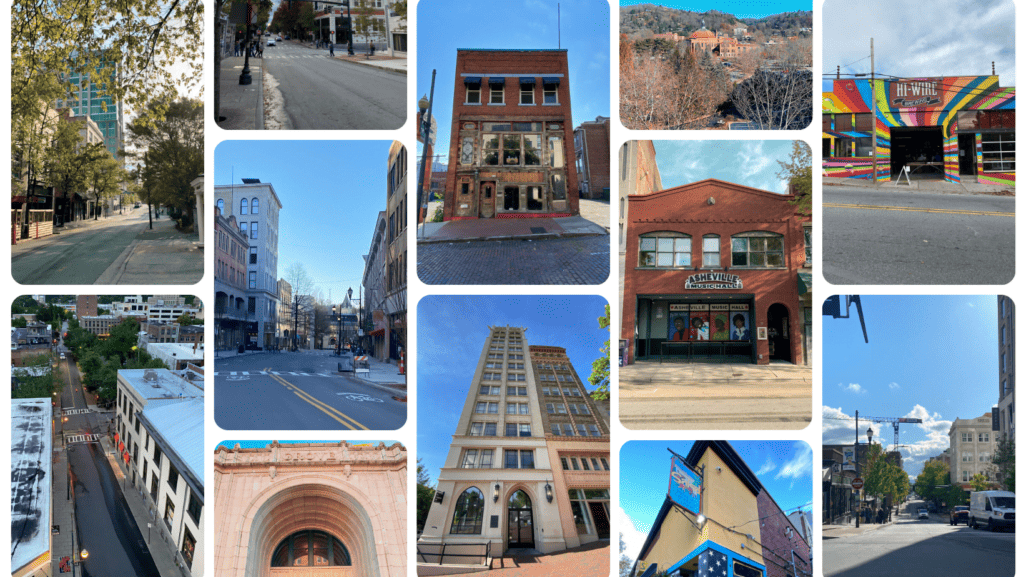
Steeped in history, Asheville showcases architectural marvels that hark back to a bygone era.
The crown jewel of the city, the Biltmore Estate, stands as a testament to the grandeur of the Gilded Age. This iconic mansion, surrounded by meticulously manicured gardens, provides a glimpse into the opulence of the past.

Additionally, Asheville’s downtown area features a delightful mix of art deco and neoclassical buildings, creating a captivating backdrop for retirees to immerse themselves in history and appreciate architectural marvels.
4. Progressive and Inclusive Community

Asheville prides itself on its welcoming and inclusive community. The city embraces diversity and fosters an environment where individuals of all backgrounds can thrive.
Retirees will find a warm and accepting atmosphere, with ample opportunities for social engagement, networking, and forming meaningful connections.
This city is a rich tapestry woven with threads of retired folks, artists, free spirits, scholars, tourists, and individuals of varying identities, including a vibrant LGBTQ+ community.
The sense of belonging and community spirit prevalent in Asheville ensures that retirees can forge new friendships and establish a support system, enhancing their retirement experience.
Pros of Retiring in Asheville

With its natural beauty, vibrant arts scene, rich history, and inclusive community, Asheville offers retirees a captivating and enriching environment. In the next section, we will delve into the specific advantages of retiring in Asheville, exploring the affordable cost of living, the abundance of outdoor recreation, the cultural and artistic offerings, and the focus on health and wellness.
Retiring in Asheville comes with a multitude of benefits that make it an attractive choice for many individuals. From an affordable cost of living to a plethora of recreational opportunities and a vibrant cultural scene, Asheville offers a retirement lifestyle that caters to a variety of interests. Let’s explore the key advantages of retiring in Asheville:
1. Affordable Cost of Living Relative to Other Popular Retirement Areas
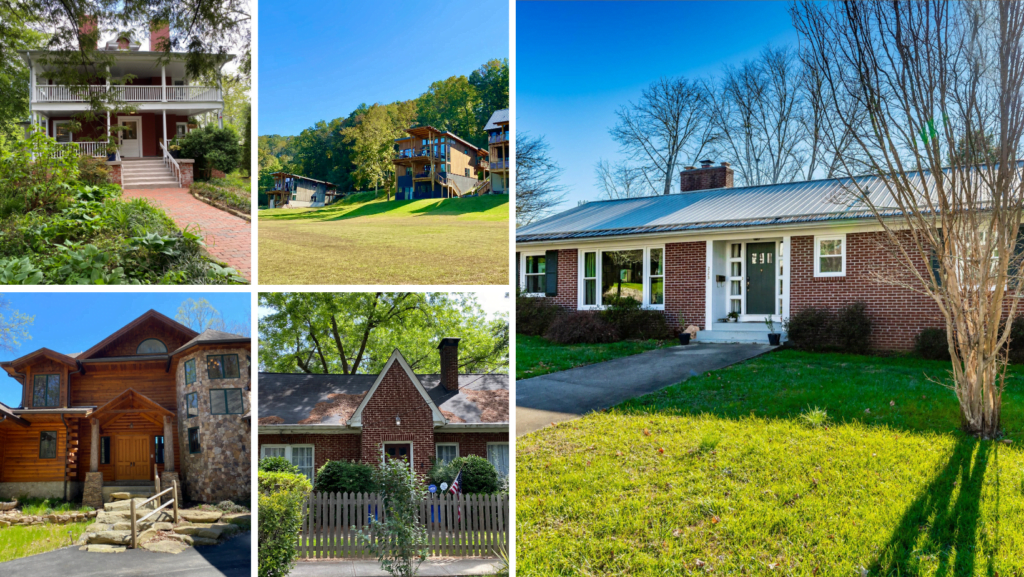
Asheville provides retirees with a relatively affordable cost of living compared to other popular retirement destinations.
Housing options, including homes, apartments, and retirement communities, offer a range of prices to suit various budgets.
Additionally, healthcare costs, utilities, and everyday expenses tend to be reasonable, allowing retirees to maintain a comfortable lifestyle without excessive financial strain.
2. Natural Beauty and Outdoor Recreation

One of the biggest draws of retiring in Asheville is the abundance of natural beauty and outdoor recreational opportunities.
Surrounded by the majestic Blue Ridge Mountains and near the Great Smoky Mountains National Park, retirees can explore numerous hiking trails, go fishing in scenic lakes and rivers, or simply soak in the breathtaking views.
The mild climate of the region further enhances the possibility of year-round outdoor activities, ensuring retirees can stay active and enjoy nature’s wonders.
3. Cultural and Artistic Offerings

Asheville’s thriving arts and cultural scene is a major attraction for retirees seeking intellectual and creative stimulation. The city is home to numerous art galleries, museums, and theaters, offering a rich tapestry of artistic expressions. Retirees can attend live music performances, explore thought-provoking exhibitions, or even participate in workshops and classes to further nurture their own artistic talents. The cultural diversity and creative energy of Asheville foster an environment where retirees can continuously engage with the arts and expand their horizons.
4. Health and Wellness Focus

Asheville places a strong emphasis on health and wellness, making it an ideal place for retirees who prioritize their well-being.
The city is known for its abundance of natural food markets, organic farms, and farm-to-table dining options, enabling retirees to maintain a healthy and nutritious lifestyle.
Additionally, Asheville boasts a wide array of wellness centers, spas, and holistic healthcare providers, ensuring access to alternative and integrative health services. Retirees can easily engage in fitness activities, join yoga classes, or indulge in rejuvenating treatments, promoting a well-rounded and fulfilling retirement experience.
Asheville’s affordability, natural beauty, vibrant arts scene, and focus on health and wellness contribute to its appeal as a retirement destination. In the next section, we will examine the potential cons and challenges of retiring in Asheville, providing a balanced perspective to help retirees make an informed decision.
Cons of Retiring in Asheville
While Asheville offers numerous advantages as a retirement destination, it’s important to consider the potential drawbacks and challenges that retirees may face.
By understanding the cons of retiring in Asheville, individuals can make well-informed decisions and plan accordingly. Here are some factors to consider:
1. Seasonal Weather Variations
Asheville experiences noticeable seasonal weather variations, which may not suit everyone’s preferences. Summers can be hot and humid, with temperatures reaching the upper 80s°F (around 30°C) or higher.
Winters can be chilly, with occasional snowfall and temperatures dropping below freezing.
Retirees who prefer a more consistent and mild climate throughout the year may find the weather fluctuations in Asheville challenging to adapt to.
2. Tourism and Crowds

Asheville’s popularity as a tourist destination can lead to increased crowds, especially during peak seasons.
The influx of visitors may result in crowded streets, longer wait times at popular attractions and restaurants, and increased traffic in certain areas.
Retirees who value peace and tranquility might find the bustling atmosphere during peak tourist times less appealing. However, exploring the city during off-peak seasons can offer a more relaxed and quieter experience.
3. Limited Healthcare Options
While Asheville provides access to healthcare services, there may be some limitations, particularly in specialized medical fields.
Retirees with specific healthcare needs or requiring specialized treatments may need to travel to nearby cities with more extensive medical facilities.
It’s important for retirees to research and ensure that their healthcare requirements can be adequately met within the local healthcare system.
4. Rising Housing Costs
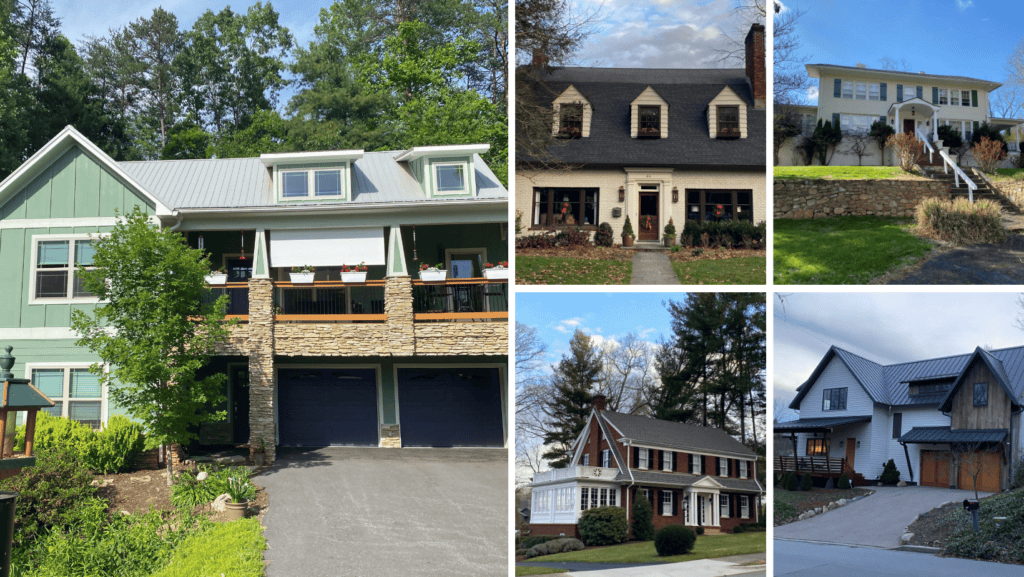
Asheville’s desirability as a retirement destination has contributed to a rise in housing costs over the years.
The demand for housing, coupled with limited availability, has led to increased home prices and rental rates.
Retirees on a fixed income may find it challenging to secure affordable housing options within Asheville itself.
Exploring neighboring towns and communities can offer more affordable alternatives while still maintaining proximity to Asheville’s amenities.
While these factors present potential challenges, it’s essential to consider them alongside the numerous benefits of retiring in Asheville. Every individual’s retirement priorities and preferences differ, so evaluating these cons in relation to personal circumstances is crucial.
In the next section, we will delve into important lifestyle considerations for retirees in Asheville, including retirement communities and neighborhoods, social life and community engagement, healthcare and wellness services, as well as transportation and accessibility options.
Lifestyle Considerations
Retiring in Asheville involves more than just the location itself. It’s essential to consider various lifestyle factors that can greatly impact the retirement experience.
From choosing the right retirement community or neighborhood to fostering social connections and accessing healthcare services, these considerations play a vital role in creating a fulfilling retirement lifestyle. Let’s explore some key lifestyle considerations for retirees in Asheville:
1. Retirement Communities and Neighborhoods
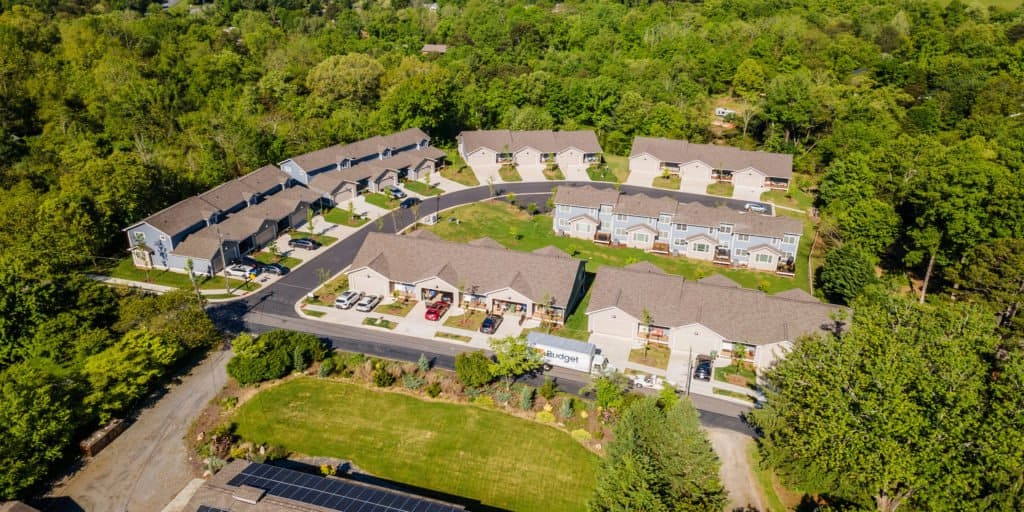
Asheville offers a range of retirement communities and neighborhoods tailored to different preferences and lifestyles. Retirees can choose from active adult communities, 55+ communities, or neighborhoods with amenities specifically designed for seniors.
Factors to consider when selecting a retirement community or neighborhood include the proximity to desired amenities, access to healthcare facilities, availability of recreational activities, and the overall sense of community.
2. Social Life and Community Engagement
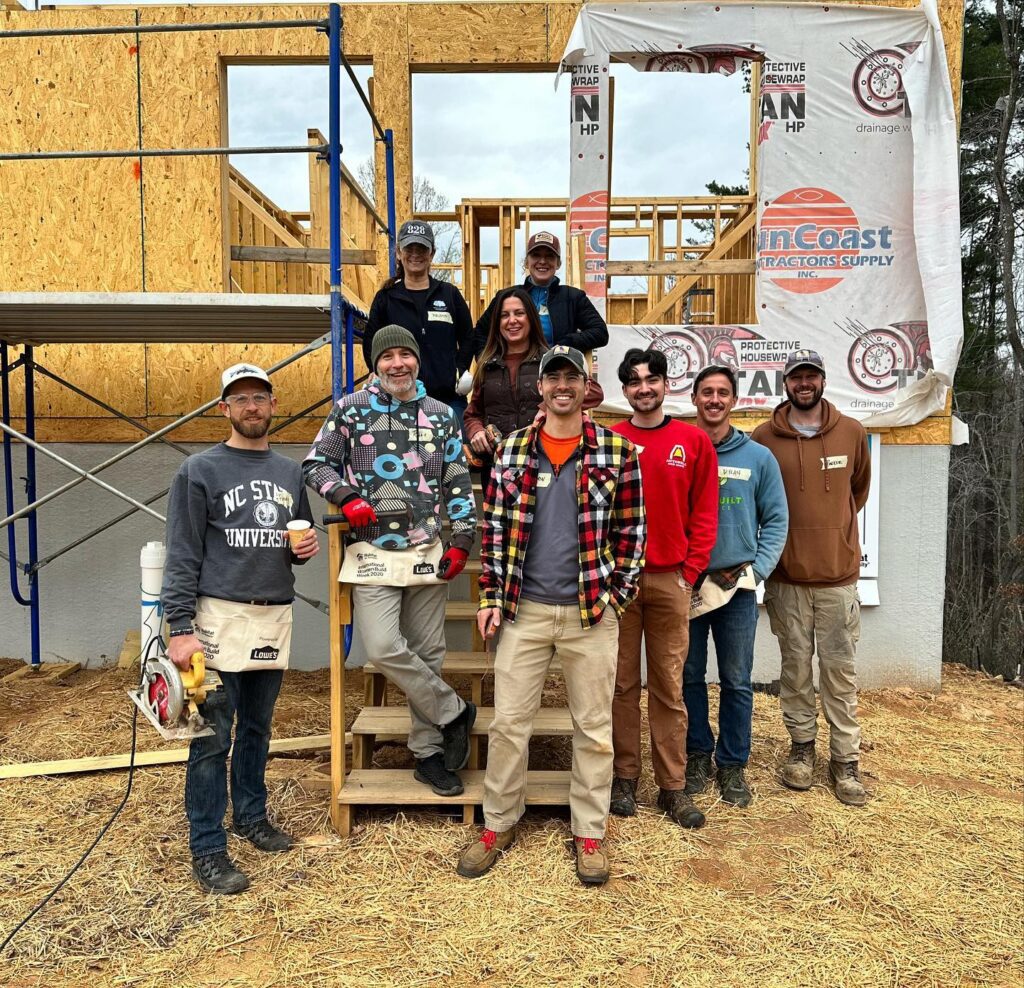
Maintaining an active social life and engaging with the community is an important aspect of retirement.
Asheville provides abundant opportunities for retirees to connect with like-minded individuals and participate in various social activities. Joining clubs, organizations, and interest groups can help forge new friendships and foster a sense of belonging.
Additionally, volunteering for local causes and participating in community events contribute to a fulfilling retirement experience.
3. Healthcare and Wellness Services

Access to quality healthcare services is crucial for retirees. Asheville has a range of healthcare providers, hospitals, and medical facilities catering to the needs of seniors.
It’s important to research and ensure that the required healthcare services, including specialists and long-term care options, are available within the area.
Additionally, Asheville’s focus on wellness extends to a variety of wellness centers, alternative medicine practitioners, and fitness facilities, providing retirees with ample opportunities to prioritize their health and well-being.
4. Transportation and Accessibility
Easy access to transportation and essential services is vital for retirees. Asheville offers a variety of transportation options, including public buses, ride-sharing services, and senior-friendly transportation programs.
Retirees who prefer an active lifestyle can take advantage of the city’s walkability and bike-friendly infrastructure. Additionally, proximity to airports and major highways makes traveling and visiting loved ones convenient.
By considering these lifestyle factors, retirees can create a retirement experience in Asheville that aligns with their preferences and priorities.
In the next section, we will explore practical considerations, including taxes, financial planning, and other important aspects to be mindful of when retiring in Asheville.
Practical Considerations
When planning for retirement in Asheville, it’s crucial to take into account various practical considerations to ensure a smooth transition and enjoyable retirement.
From understanding the tax implications to financial planning and other practical aspects, being well-informed can help retirees make sound decisions.
Let’s explore some key practical considerations when retiring in Asheville:
1. Taxes and Financial Considerations
Understanding the tax implications is essential when retiring in Asheville. North Carolina imposes income tax on retirement income, including distributions from retirement accounts and pensions.
However, the state does offer certain deductions and exemptions for retirees.
It’s advisable to consult with a financial advisor or tax professional to fully comprehend the tax implications based on individual circumstances.
Additionally, retirees should assess their financial situation and develop a comprehensive retirement plan that aligns with their financial goals and retirement lifestyle.
2. Cost of Living and Budgeting
Asheville’s cost of living, although relatively affordable compared to other popular retirement destinations, still requires careful budgeting and planning.
Retirees should evaluate their expected expenses, including housing, healthcare, transportation, groceries, and entertainment, to determine a realistic retirement budget.
Taking into account the potential rise in housing costs and healthcare expenses, it’s prudent to have a financial cushion and contingency plan to maintain financial stability throughout retirement.
3. Legal Considerations and Estate Planning
Retirees should review and update their legal documents and estate plans to ensure they align with their retirement goals.
This includes wills, trusts, powers of attorney, and healthcare directives.
Consulting with an attorney specializing in elder law or estate planning can provide valuable guidance and ensure that all legal matters are in order, offering peace of mind during retirement.
4. Social Security and Medicare
Retirees should familiarize themselves with Social Security benefits and Medicare coverage.
Understanding the eligibility requirements, enrollment periods, and available options can help retirees make informed decisions regarding their retirement benefits and healthcare coverage.
It’s advisable to reach out to the Social Security Administration and Medicare representatives to clarify any doubts and ensure the appropriate steps are taken to maximize benefits.
5. Long-Term Care and Insurance
Considering long-term care options and insurance coverage is essential when planning for retirement.
Buncombe County offers various long-term care services and facilities, including assisted living communities and nursing homes.
It’s important to assess personal needs, preferences, and budget when considering long-term care options.
Additionally, exploring long-term care insurance policies can provide financial protection and peace of mind in case long-term care services are needed in the future.
By addressing these practical considerations, retirees can navigate the retirement journey in Asheville with confidence and preparedness. Planning ahead and seeking professional guidance when necessary can help retirees make informed decisions and enjoy a fulfilling and secure retirement in this vibrant city.
(Note: The information provided in this section is for general guidance purposes only. It’s advisable to consult with relevant professionals for personalized advice based on individual circumstances.)
How To Decide if Asheville is the Right Place for you to Retire
Deciding whether to retire in Asheville, or any other city for that matter, involves a thoughtful assessment of several factors aligned with your lifestyle preferences, financial readiness, and personal desires. Here are the steps you might consider:
Evaluate Your Lifestyle Needs
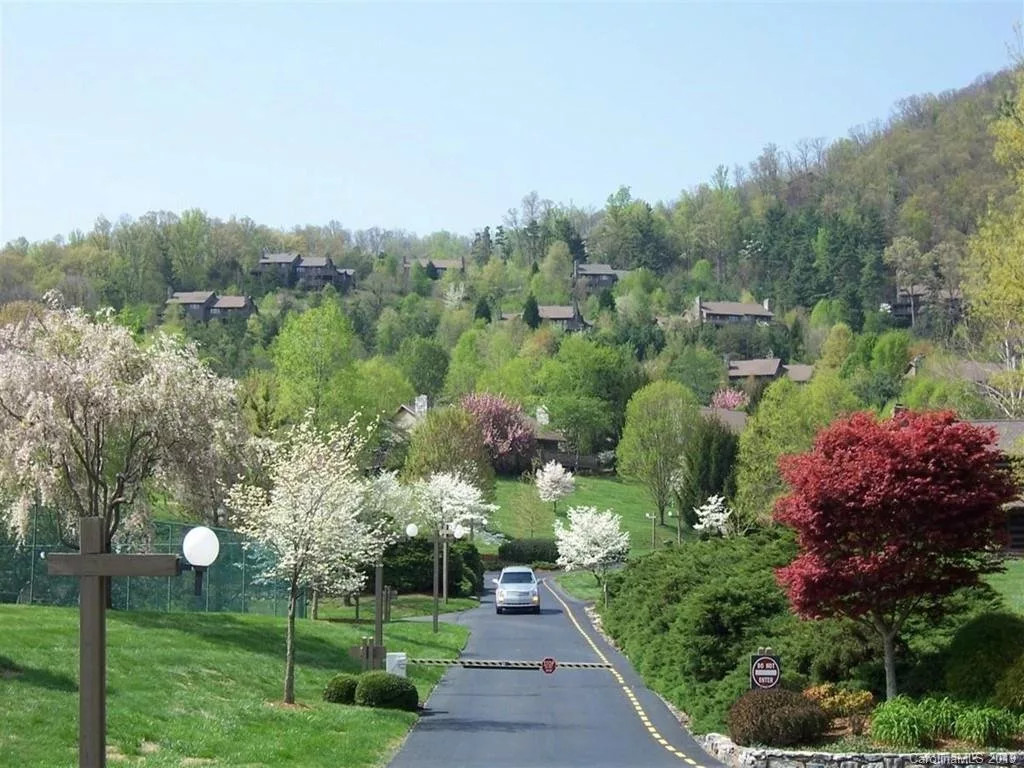
Think about the kind of lifestyle you desire during your retirement years. If you value an active lifestyle filled with outdoor activities, a vibrant arts scene, and great culinary experiences, Asheville could be a great fit for you.
Consider Your Financial Situation
Assess the cost of living in Asheville against your retirement budget.
This includes housing costs, healthcare, groceries, utilities, and taxes.
Asheville has a slightly higher cost of living than the national average, so it’s important to ensure you can live comfortably.
Healthcare Facilities
As we age, accessibility to good healthcare becomes even more critical.
Look into the healthcare facilities available in Asheville, their reputation, and proximity to where you plan to live.
Visit First

If possible, visit Asheville for an extended period to experience the city firsthand. Talk to the locals, explore different neighborhoods, and check out the amenities to see if they meet your expectations.
Common Questions about Retiring in Asheville
What makes Asheville an ideal retirement destination?
Asheville is an ideal retirement destination due to its balance of natural beauty, cultural opportunities, and strong community focus.
Its location in the Blue Ridge Mountains offers retirees access to a wealth of outdoor activities. The city’s vibrant art scene and historical landmarks offer cultural enrichment, while the active living communities provide social engagement for seniors.
The healthcare system in Asheville is excellent, with many facilities recognized for their outstanding patient care.
How does Asheville’s cost of living compare to the national average?
The cost of living in Asheville is higher than the national average, with housing being the biggest factor in the difference.
However, costs for other categories like healthcare, groceries, and transportation, are closer to the national average.
It’s recommended to check the most recent statistics for up-to-date information.
What kinds of active living communities are available in Asheville for retirees?
Asheville has several active living communities designed for those aged 55 and older. These communities often include amenities like fitness centers, pools, and hiking trails. Examples include Givens Estates, a continuing care retirement community, and Crowfields Condos, which offers a clubhouse and a walking trail2.
How does Asheville cater to the health and wellness needs of seniors?
Asheville is home to numerous top-tier healthcare facilities, like Mission Hospital. The city also promotes an active lifestyle, with abundant outdoor activities, wellness-centered events, and fitness centers. Asheville’s temperate climate allows for year-round outdoor activities, encouraging an active and healthy lifestyle for seniors.
What cultural and recreational activities can retirees enjoy in Asheville?
Retirees in Asheville can enjoy a thriving cultural and recreational scene. The city’s Downtown Art District is home to numerous galleries and studios. Music lovers can enjoy the vibrant live music scene and regular music festivals. Biltmore Estate, America’s largest home, offers historical and cultural enrichment. Outdoor enthusiasts can explore the Blue Ridge Mountains or the city’s numerous parks.
How is the transportation system in Asheville, especially for seniors?
Asheville has a robust public transportation system operated by Asheville Redefines Transit (ART), which offers reduced fares for seniors. For longer trips, the city has a regional airport and is proximate to major highways. Some retirement communities also offer transportation services for their residents.
Do not attempt I-26 around the I-40 interchange on a Friday late afternoon, especially when it is raining.
What are the potential challenges for seniors living in Asheville?
While Asheville has many advantages, there are also potential challenges. The cost of living, particularly housing, can be higher than in other parts of North Carolina. Asheville’s popularity has also increased demand for housing, making the real estate market competitive. Additionally, while the city is generally safe, like any city, it’s not devoid of crime.
Is Asheville a retiree-friendly city?
Answer: Yes, Asheville is known for its retiree-friendly atmosphere, offering a range of amenities, recreational activities, and healthcare services tailored to the needs of retirees.
What is the average cost of housing in Asheville?
Answer: The cost of housing in Asheville can vary depending on factors such as location, size, and amenities. Generally, housing prices in Asheville have been on the rise, but there are still options available to suit different budgets.
Are there retirement communities in Asheville?
Answer: Yes, Asheville has a variety of retirement communities and neighborhoods designed specifically for retirees. These communities often provide amenities, social activities, and a sense of community for residents.
What are the healthcare options like in Asheville?
Answer: Asheville has a range of healthcare options, including hospitals, medical centers, and specialized clinics. However, retirees with specific healthcare needs should ensure that the required services and specialists are available within the local healthcare system.
Are there opportunities for social engagement and community involvement in Asheville?
Answer: Yes, Asheville offers numerous opportunities for social engagement and community involvement. Retirees can join clubs, organizations, and interest groups, volunteer for local causes, and participate in community events to connect with like-minded individuals and contribute to the community.
How is the transportation system in Asheville?
Answer: Asheville has a transportation system that includes public buses, ride-sharing services, and senior-friendly transportation programs. The city is also known for its walkability and bike-friendly infrastructure, allowing retirees to easily access essential services and enjoy recreational activities.
What is the weather like in Asheville?
Answer: Asheville experiences seasonal weather variations. Summers can be hot and humid, while winters can be chilly with occasional snowfall. Retirees should consider their weather preferences and seasonal activities when planning to retire in Asheville.
Are there opportunities for outdoor activities in Asheville?
Answer: Yes, Asheville is surrounded by natural beauty and offers a wide range of outdoor activities. Retirees can enjoy hiking, biking, fishing, and exploring the nearby mountains and national parks.
These frequently asked questions aim to address common concerns and provide additional information to those considering retiring in Asheville. Remember that individual circumstances may vary, and it’s advisable to conduct thorough research and seek personalized advice when making retirement decisions.

